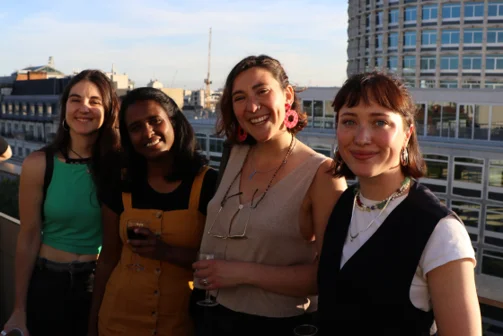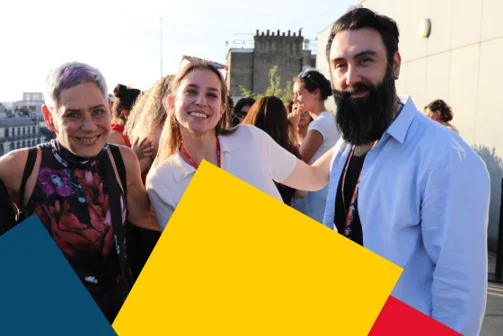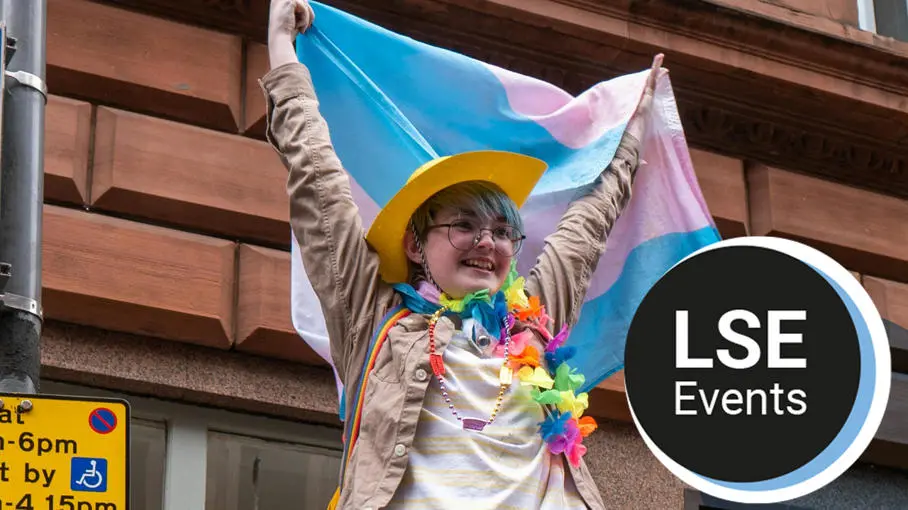Events

All our events are free, open to the public and showcase the departments research.
If you have any questions regarding events, please contact gender.events@lse.ac.uk
Upcoming events
Enhance
Events for students and alumni

Past events
Browse past events by the Department of Gender Studies

Event recordings
Catch up on past events
Transnational anti-gender politics and resistance
As 'anti-gender' movements become more prominent globally, we ask Judith Butler and feminist activist Tooba Syed to share histories and forms of resistance.







